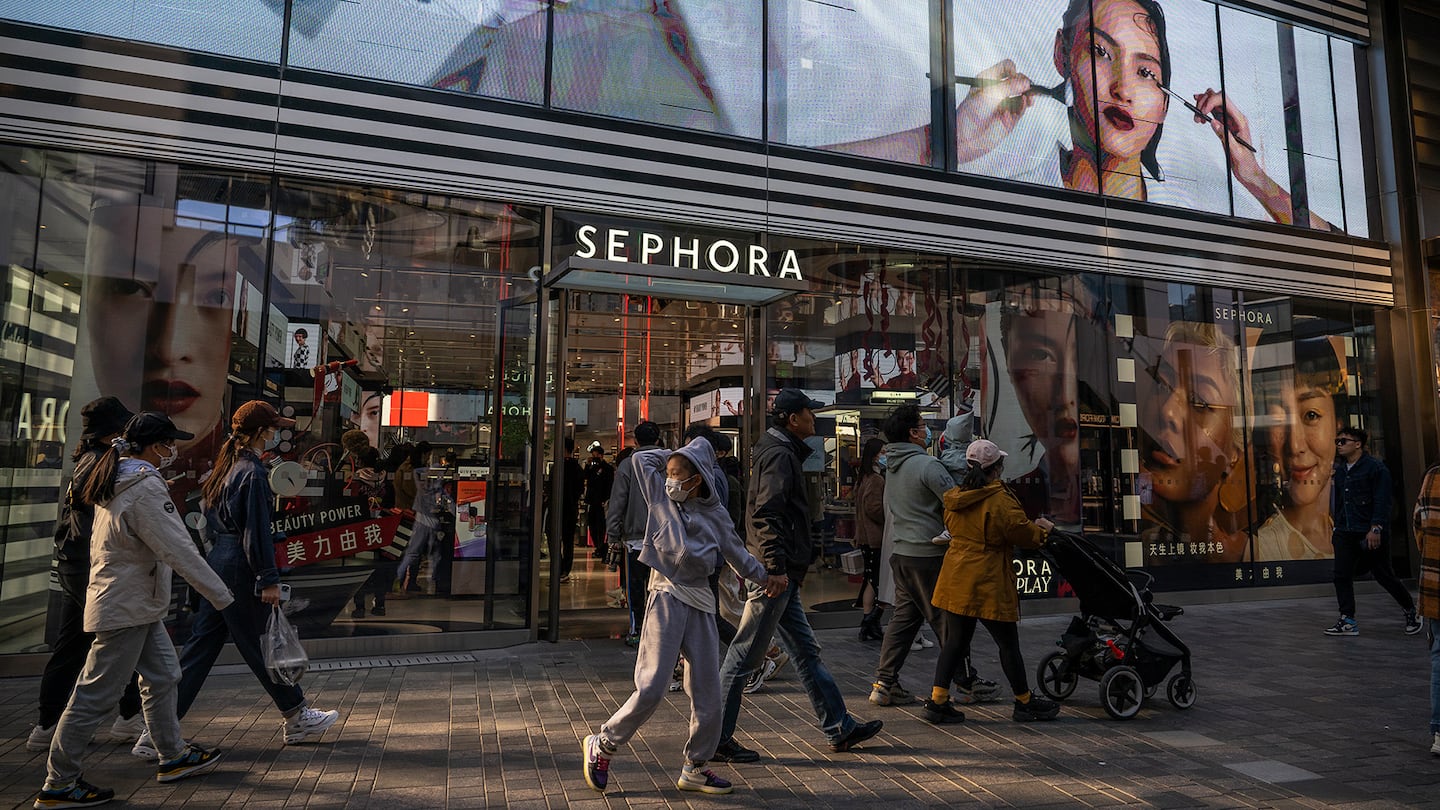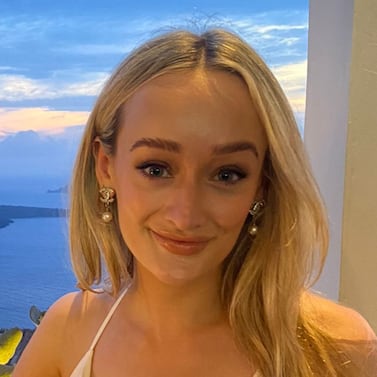The Business of Fashion
Agenda-setting intelligence, analysis and advice for the global fashion community.
Agenda-setting intelligence, analysis and advice for the global fashion community.

In its first-quarter results, LVMH’s Selective Retailing unit was the French conglomerate’s brightest spot. Sales rose 11 percent on an organic basis, with “remarkable growth” at Sephora cited. Overall sales for LVMH rose 3 percent, indicating that fears that luxury demand was cooling in step with economic growth were well-founded.
Sephora’s store network expanded in the last quarter, particularly in the US, though growth was also noted in Europe and the Middle East. Within the Selective Retailing division, the company’s duty free business is still trading below its pre-Covid level of activity, which LVMH chalked up to the slow resurgence of international travel to flagship locations in Hong Kong and Macau.
Perfumes and cosmetics also grew 7 percent, with fragrances a continued champion. LVMH noted the strong performance of Dior perfumes, many of which are hero products such as Sauvage, J’Adore and Miss Dior. The viral popularity of Maison Francis Kurkdjian’s Baccarat Rouge 540 was another boost. Skincare and cosmetics from Guerlain and Dior also contributed to growth.
The division’s resilience may be a balm for the beauty industry, which has been on unsteady ground since executives at Ulta Beauty signalled demand across prestige and mass was softening in March. The news that it expected its first-quarter results at the lower end of its guidance caused a rout on Ulta Beauty’s stocks, with a wider drop for other beauty firms including E.l.f. Beauty and Coty.
ADVERTISEMENT
Learn more:
Ulta Sparks Rout in Beauty Stocks on Warning of Slowing Demand
The company’s stock plunged as much as 15 percent, the most it has tumbled since March 2020.
Disclosure: LVMH is part of a group of investors who, together, hold a minority interest in The Business of Fashion. All investors have signed shareholders’ documentation guaranteeing BoF’s complete editorial independence.
The LVMH-owned beauty retailer has struggled to replicate the success of its European and north American operations in the region, which has incurred heavy losses against fierce domestic competition.

Daniela Morosini is a Beauty Correspondent at The Business of Beauty at BoF. She covers the global beauty industry, with an interest in how companies go to market and overcome hurdles.
Black founders carry a markedly higher burden when it comes to educating investors on the value and viability of their business ideas — but there is an art and science behind knowing when your brand is ready and what kind of investors will be the best fit.
Landing a retail partnership is often seen as a major milestone for beauty founders — but it brings a bevy of new challenges, from the logistical complexities to setting a marketing budget. Black entrepreneurs, who typically have far less capital to work with, often face tough choices.
The firm has been working on a listing since at least 2022, with previous attempts buffeted by volatile markets.
In a three-part series, The Business of Beauty explores how Black founders Monique Rodriguez, Danessa Myricks and more built, launched and scaled their multi-million-dollar businesses. In part one, a look at how these entrepreneurs found their niche and harnessed early lessons that were critical to their growth